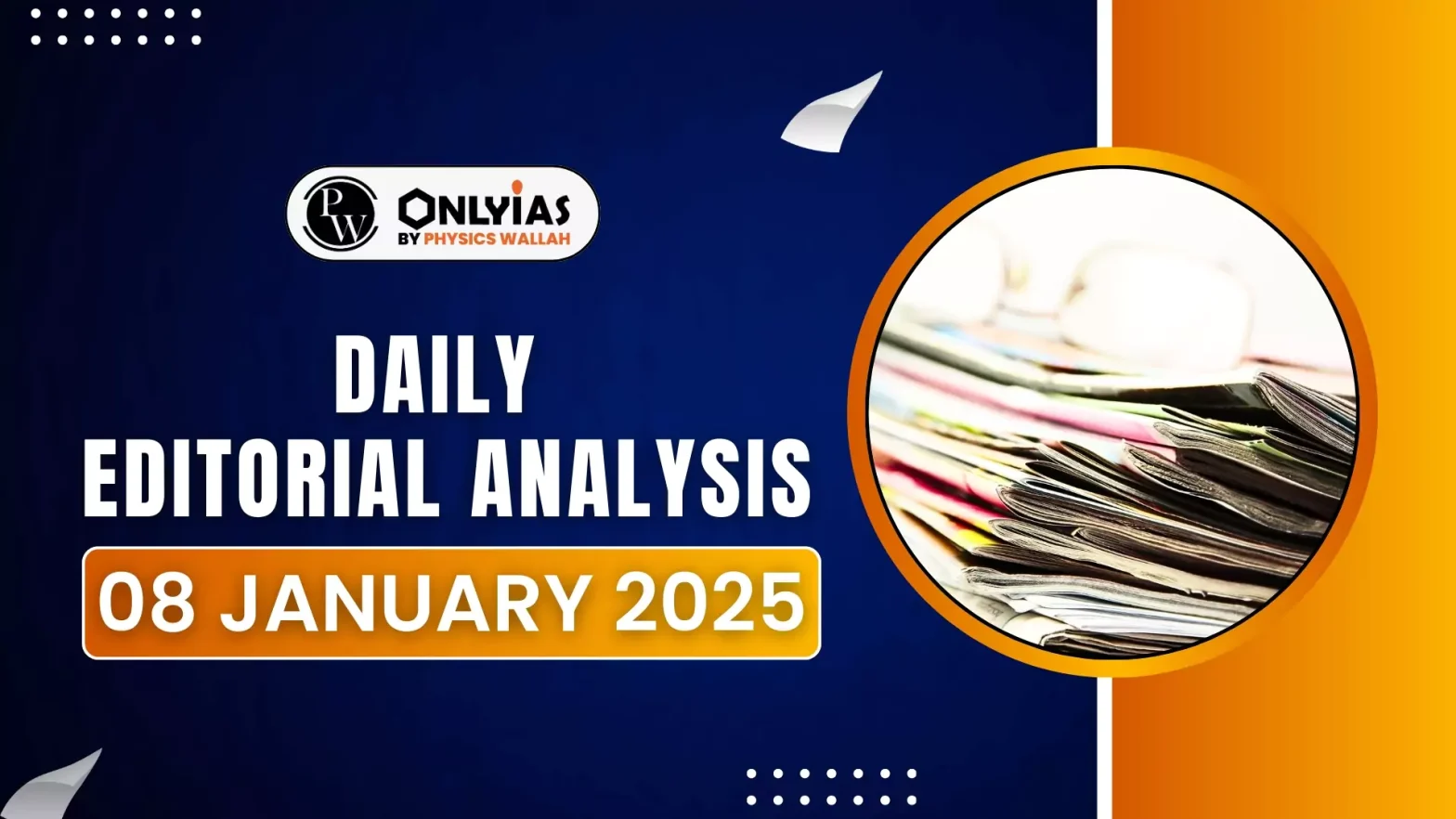The University Grants Commission (UGC) has introduced new guidelines that includes the launch of two innovative degree programmes—an accelerated and an extended degree programme—for undergraduate students.
Accelerated and Extended Degree Programmes
- Accelerated Degree Programme: The programme allows students to complete their undergraduate degrees in a shorter time than the traditional duration.
- Objective: This structure caters to students who wish to enter the workforce sooner, gain professional experience early, or save on tuition fees.
- Extended Degree Programme: In contrast, the extended degree programme provides students with more time to complete their studies.
- This option offers more opportunities for specialisation, research, and hands-on experiences like internships and travel.
- Objective: It also facilitates a better balance between academic and personal life, making it a suitable choice for students with additional commitments.
Enroll now for UPSC Online Course
Benefits of Flexibility in Education
- Global Standards in Higher Education: UGC reforms align undergraduate education with international benchmarks, offering a flexible credit system that enables students to tailor their academic journey to personal and career goals.
- Enhanced Mobility: Credit options provide mobility, allowing a student who has earned credits at one university to transfer to a different university without losing progress towards their degree.
- Multidisciplinary Learning: Following the principles of the National Education Policy (NEP) 2020, the new structure encourages a multidisciplinary approach.
- Skill Development: This broadens students’ learning horizons, helping them not only gain expertise in their chosen fields but also develop creative, soft, and problem-solving skills that foster innovation.
Challenges and Concerns
- Potential Impact on Engineering Education: Engineering education faces challenges with accelerated degree programs due to the need for deep theoretical and practical knowledge in subjects like mathematics, physics, and advanced engineering principles.
- Superficial Understanding: The compressed timeline may hinder students’ ability to master essential technical competencies, especially with limited time for hands-on projects, internships, and lab work.
- Low Value of Degree: The value of the degree may diminish if a student takes more time to complete it.
- Economic Implications for Students: While the extended degree option offers more time for specialisation and research, it may increase the financial burden on students, especially those from economically disadvantaged backgrounds.
- Curriculum Restructuring: The shift towards accelerated and extended degrees necessitates significant restructuring of curricula and teaching methodologies.
- Digital Divide: The introduction of greater digitalisation in education to support these reforms could exacerbate the existing digital divide, particularly for students from rural or underprivileged backgrounds who lack access to reliable internet and technology.
- Support for Underprivileged Students: The new system could disproportionately affect students from underprivileged backgrounds, who may struggle to navigate the changes without proper guidance and support.
- Faculty Development and Training: For the successful implementation of these reforms, educators will need to undergo professional development to adapt to the demands of flexible and interdisciplinary curricula.
Path Forward
- To ensure the success of the new guidelines, universities will need to invest in strategic planning, timely recruitment of faculty, and the development of administrative systems capable of managing these new academic structures.
Check Out UPSC CSE Books From PW Store
Conclusion
If these challenges are addressed effectively, the reforms could lay the foundation for a more dynamic and globally competitive higher education system. This would contribute to India’s vision of becoming a “Viksit Bharat” by 2047.
![]() 8 Jan 2025
8 Jan 2025
